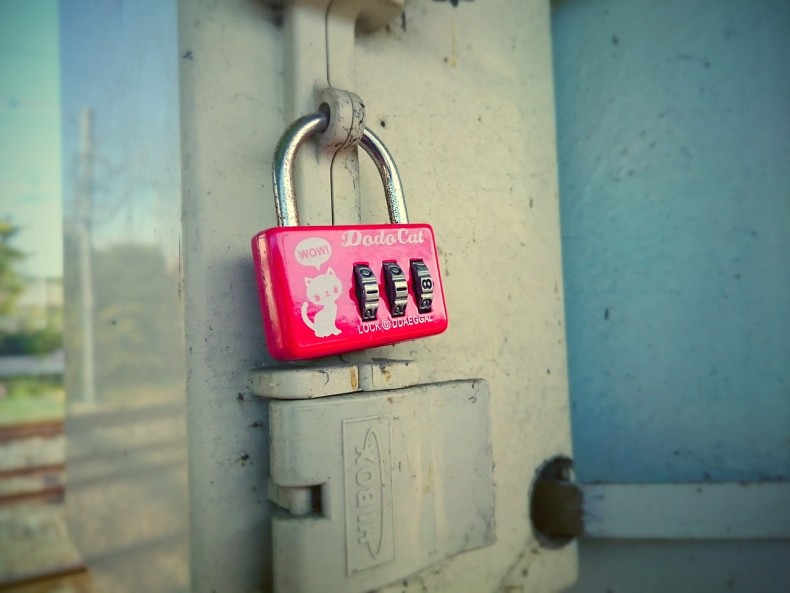The Triple Lock: or why there may be TWO Lib Dem federal conferences to come this year

Picture by Young Soo Park from Pixabay.
With not only a general election but also another hung Parliament looking a pretty likely outcome before the end of the year, now is a good time for an update of my periodic piece explaining the Liberal Democrat ‘triple lock’.
In a very Lib Dem fashion, the triple lock does not have three parts, is a detailed set of rules for who has the power of decision over the party’s line in a hung Parliament and shows the heavy influence of Gordon Lishman. All it is missing is me having amended the punctuation.
Despite being a public document, the media has a weird penchant for describing unearthing the process as requiring investigative journalism. But all you need do is read on.
It was originally adopted in a party conference debate during Paddy Ashdown’s time (very ably chaired by Liz Barker, with myself as conference aide and causing confusion / merriment by turning up dressed remarkably similar to her).
It was amended after the generally good, but not flawless, experience of how it worked in 2010 along with a ruling by the party’s Federal Appeals Panel and following some party committee name changes. You can read the full history of the triple lock, including why it was first created, in the article I wrote for the Journal of Liberal History.
Here’s the current version:
ARTICLE 23: Support for a government which contains other political parties
23.1 This Article applies where the Parliamentary Party in the House of Commons (‘the Commons Party’) enters into negotiations with one or more other political parties with a view to the formation of a government supported by the party and such party or parties; and sets out the procedures to be followed for the party to give its support for such an arrangement.
23.2 For this purpose: (a) the Leader shall, with due regard to diversity, appoint a negotiating team to conduct such negotiations; and (b) there shall be a reference group consisting of not more than nine people (none of whom shall be members of the negotiating team) appointed equally by (i) the Federal Policy Committee (ii) the Federal Board and (iii) the Westminster Parliamentary Parties (in the last case acting jointly).*
23.3 The negotiating team shall report regularly to the Leader and the reference group, and shall have regard to their respective views.
23.4 If as a result of these negotiations the Commons Party determines, after further consultation with (i) the Federal Policy Committee (ii) the Federal Board and (iii) the Parliamentary Party in the House of Lords (together ‘the consultees’), to support a government which contains members of one or more other political parties, it shall seek the approval of conference by submitting a motion to that effect. Such a submission shall state the final views thereon of each of the consultees, and such a motion shall require for its passage a two-thirds majority of those present and voting at the conference.
23.5 Upon the submission of such a motion, the Federal Conference Committee shall convene a conference to consider the motion at the earliest practicable opportunity or shall include the motion in the agenda of a conference currently in session or imminently to start.
Note that this applies not only to full-on coalition but also to any situation in which the Liberal Democrats will “support” a government that contains at least one non-Lib Dem.
If such a procedure is agreed, the process is to go straight to a special party conference. There used to be intermediary steps, but when the process was used in 2010 people quickly realised that a conference was pretty much inevitable regardless of the detailed processes that might allow one to be avoided. Hence is was later simplified with an automatic referral of a deal to a conference giving party members the final say.
The negotiating group mentioned above has not yet been created. Given the importance of such a group having the confidence of people from across the party and clearly listening to a diverse range of views, it would be wise of the new leader to create such a group sooner rather than later.
* This means the Liberal Democrat Parliamentary Party in the House of Commons along with the Liberal Democrat group in the House of Lords.
– hence it was totally unfair to blame Nick Clegg for us entering the last coalition, a) the negotiation was by others and b) conference decided.. he just carried out the decision.. funny how any discussion of the outcome always seems to focus on the one glaring error and fails to mention all the successes of that period(many of which were subsequently trashed when left to run things alone).
I thought the triple lock was about increases in the state pension!
That’s the *other* triple lock and does have three elements…!